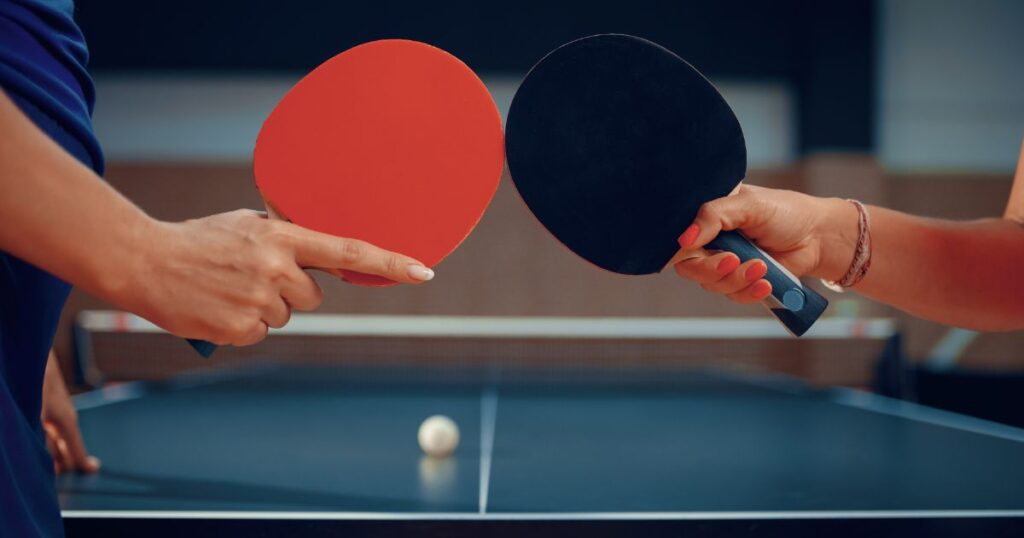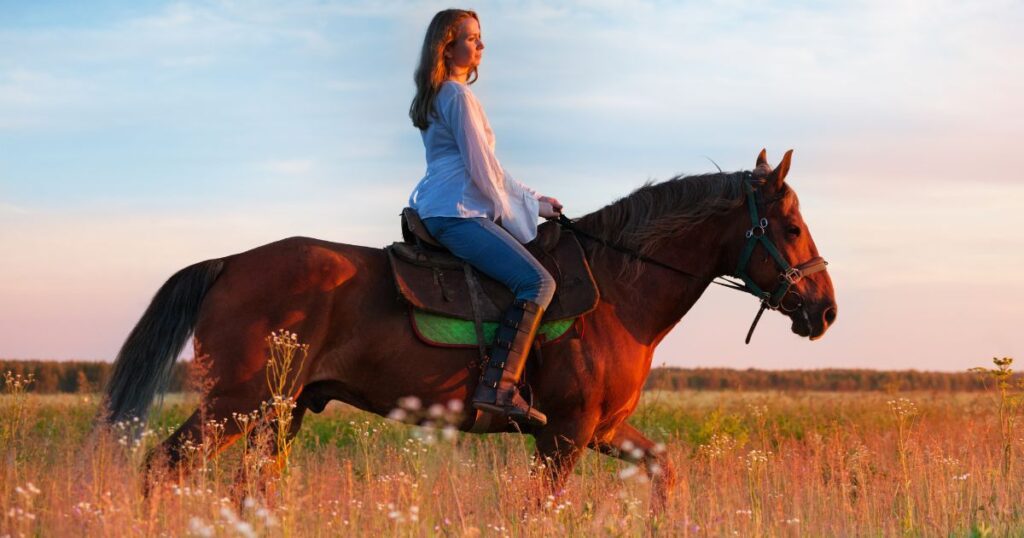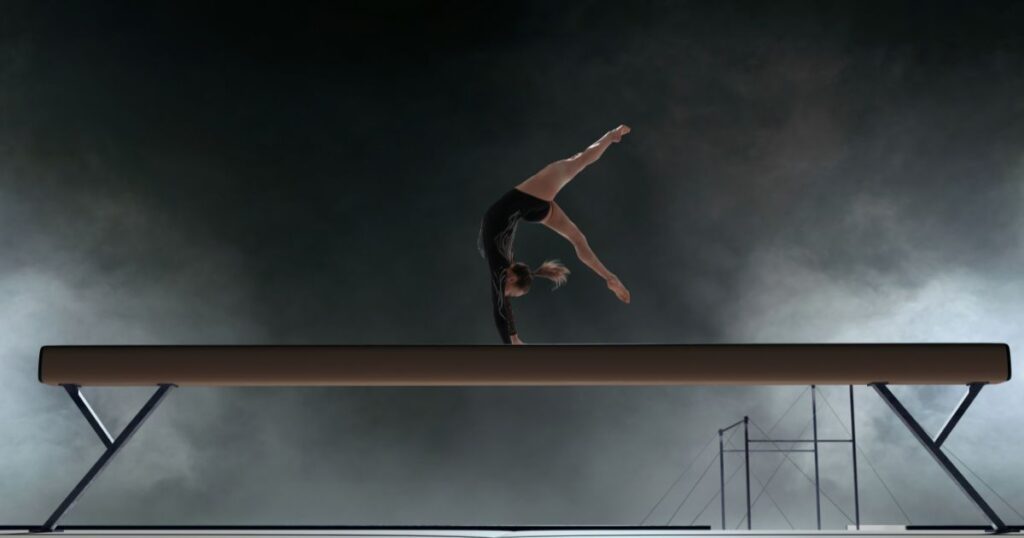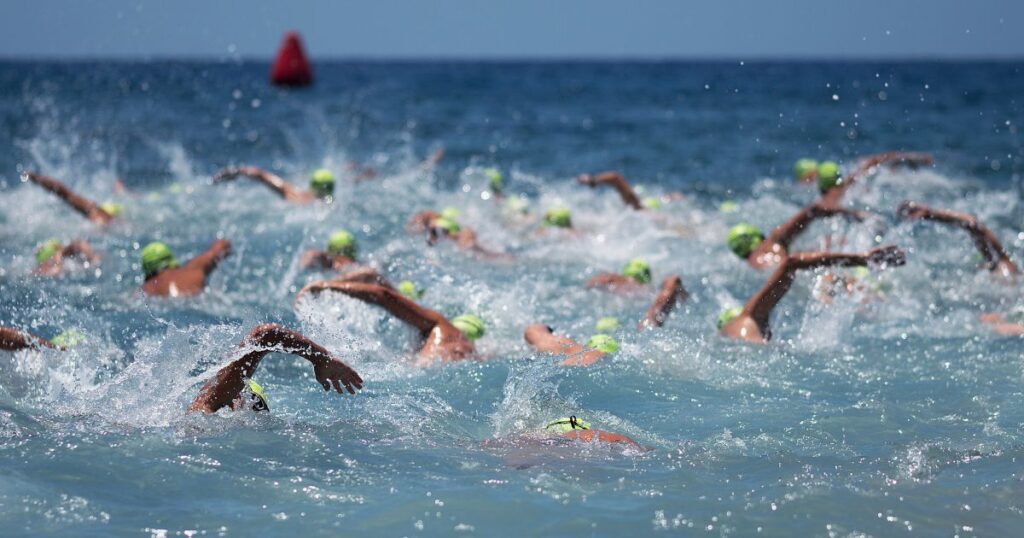The Olympic Games feature a diverse array of sports, from swimming and gymnastics to fencing and beach volleyball. While all Olympic athletes train extensively to compete at the highest level, some sports are more accessible for beginners than others based on their technical complexity and physical demands.
If you’re inspired to take up an Olympic sport after watching the thrilling competitions, These are the easiest sports in the Olympics that you can consider to learn and enjoy recreationally.
10 Easiest Sports in the Olympics Are:
Rowing
Rowing may look graceful and effortless among Olympic crews, but it’s an extremely vigorous cardio and strength workout. That said, the basics of rowing technique are fairly straightforward for beginners to pick up on a recreational, non-competitive level.
Indoor rowing machines at the gym are a great option for learning the smooth sequencing of the rowing stroke. Novice rowers can also join recreational clubs that offer coaching in proper technique and form.
Table Tennis
Table Tennis Also known as ping pong, table tennis is an easy Olympic sport to enjoy as a leisure activity. The compact size of the table and paddles makes it convenient for play at home or in community centers. The rules are simple enough for kids to grasp too.
Developing advanced spins, slam shots, and footwork seen in Olympic matches will take extensive practice, but beginners can have fun rallying the ball back and forth right away. That’s why table tennis also counts in the Easiest Olympic Sports.

Badminton
Badminton has a reputation as a backyard barbecue sport, but it requires lightning-quick reflexes at the Olympic level. For recreational play, badminton is easy to learn for all ages.
Basic skills like the underhand serve, forehand shot, and overhead clear shot can be quickly picked up. With an inexpensive racquet and birdie shuttlecock, badminton can be played casually anywhere and it is also an easiest Olympics sports
Equestrian
Introducing a 1,200-pound animal adds complexity, but horseback riding itself isn’t too technically demanding starting. Beginning equestrians can learn the fundamentals of grooming, tacking up, walking, steering, trotting, and cantering a calm horse or pony.
Joining a lesson barn is a great way to learn horse care and riding skills from professional instructors. Riders will progress faster with regular practice. Equestrian events showcase the bond between rider and horse, emphasizing grace and control. While it may seem exclusive, the fundamentals of horseback riding can be learned by beginners, offering a unique Olympic experience.

Archery
This ancient sport has been revitalized in popular culture recently with blockbuster movies like The Hunger Games and Brave. Inspired beginners can start practicing archery at ranges or camps. Learning proper shooting form and focusing on the fundamental draw, aim, and release movements are key.
Developing consistent accuracy takes time and practice. Beginners should shoot lower draw-weight bows while mastering their form. Archery stands as a testament to precision and focus. This sport combines strength and accuracy. Novices can quickly grasp the basics, making it an ideal starting point for Olympic exploration.
Canoe/Kayaking
Patience and teamwork are needed to maneuver these slender boats, but the basic paddling skills are not difficult for new paddlers to grasp. Recreational kayaking is a popular activity at lakes and calm coastal areas. Doubles canoeing requires coordination with a partner in the front and back. Novice paddlers should always wear a personal flotation device and start on flat water conditions.
Gymnastics
Flipping and twisting like an Olympic gymnast may be out of reach for amateurs, but beginner-level gymnastics focuses on fundamental skills. Classes can teach proper technique on floor exercise tumbling, the vault, balance beam, and uneven bars. Progress is measured by personal milestone achievements like holding a handstand or swinging around the bar, not by Olympic-level scoring.

Diving
Proper diving technique is crucial to avoid injury, so beginners should learn from an experienced coach. Fundamentals like entering the water vertically with arms extended are not difficult concepts but require practice. Judge yourself by personal progress in diving form, not by attempting extremely advanced techniques too quickly. Shallow diving wells help build confidence.
Beach Volleyball
Volleyball skills transfer nicely to sand courts. Underhand passing, bumping, setting, hitting, serving, blocking, and defensive shuffling are key techniques. With just two players per team, beach volleyball is an ideal sport for casual play, though the jumping in soft sand makes it a demanding workout. Focus on keeping the ball in play and having fun rather than intense competition early on.
Triathlon
Combining swimming, biking and running, triathlons are attainable for beginners who train systematically. Starting with manageable sprint distance triathlons, novices can work up to longer distances. There are many beginner-friendly, low-key community events to choose from. Finishing a first triathlon is a major accomplishment you can be proud of.

Conclusion:
The Olympic Games showcase the pinnacle of athletic performance. While we may never reach those lofty heights, many Olympic sports are welcoming for recreational beginners. Focusing on fundamentals, personal progress, and having fun are keys to success when starting out. Each sport has its unique appeal, ensuring that there’s something for everyone in the vast arena of Olympic excellence.
Patience and practice will lead to skill development over time. Rowing, table tennis, badminton, equestrian, archery and more are quality and easiest Olympic sports to try out as an amateur. Olympics welcome newcomers with open arms, inviting them to experience the thrill of sporting achievement on the grandest stage of all.




